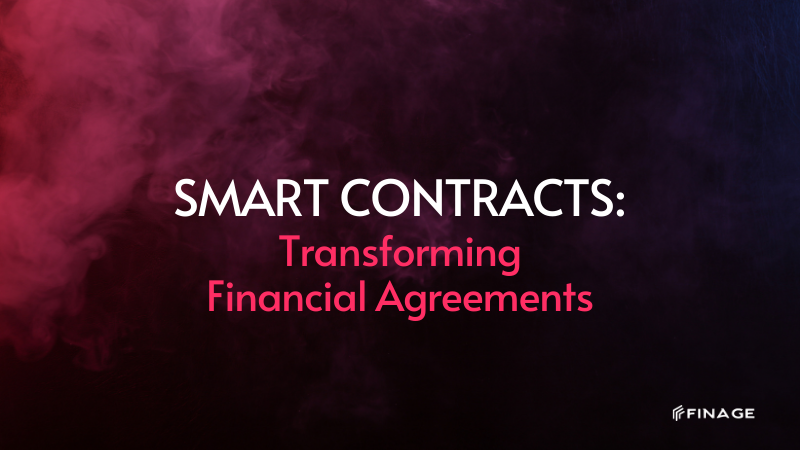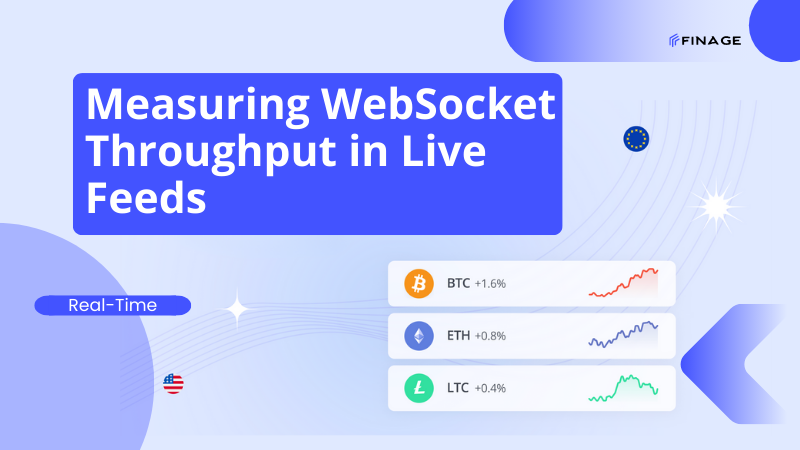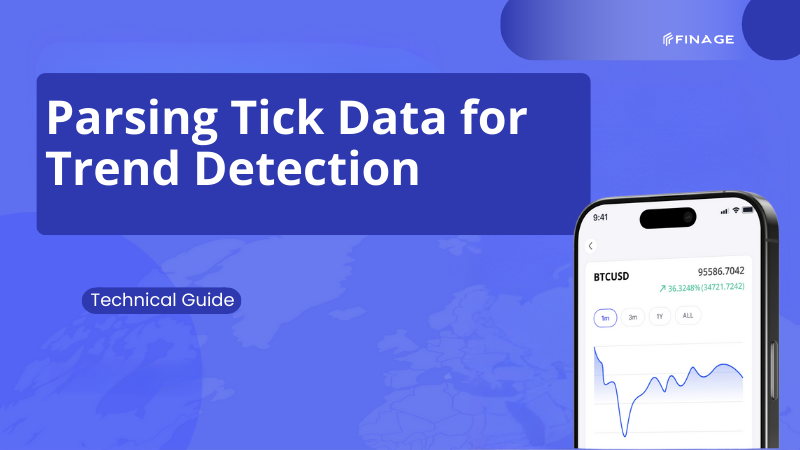Smart Contracts: Transforming Financial Agreements
4 min read • August 19, 2023

Introduction
Introduction
Smart contracts, a product of blockchain technology, have emerged as revolutionary tools reshaping the landscape of financial agreements. These self-executing contracts encode the terms of an agreement directly into lines of code, eliminating the need for intermediaries and enabling automated execution and enforcement of contractual obligations. This blog aims to illuminate the transformative impact of smart contracts on financial agreements, delving into their benefits, diverse applications, and the promising potential they hold for the future.
At the core of smart contracts lies their ability to automate and streamline the execution of agreements without relying on intermediaries or centralized authorities. By leveraging blockchain's immutable and decentralized nature, smart contracts ensure transparency, security, and trust among parties involved in financial transactions. These contracts execute predefined actions automatically upon meeting specific predefined conditions, reducing the risk of errors and mitigating the need for manual intervention in contract fulfillment.
The applications of smart contracts within the realm of financial agreements are extensive. They facilitate a myriad of financial operations, including loan disbursements, insurance claims processing, trade settlements, and even complex derivatives contracts. Smart contracts automate these processes by executing actions, such as releasing funds, transferring ownership of assets, or triggering payments, based on predefined criteria encoded within the contract's code.
Table of Contents
- Understanding Smart Contracts
- Definition and Functionality
- The Role of Blockchain in Smart Contracts
- Benefits of Smart Contracts in Finance
- Increased Efficiency and Speed
- Enhanced Security and Transparency
- Reduction in Costs and Errors
- Applications in Financial Services
- Streamlining Payments and Settlements
- Bond Issuance and Trading
- Insurance Claim Processing
- Challenges and Limitations
- Legal and Regulatory Uncertainties
- Technical Challenges and Interoperability
- Integration with Traditional Financial Systems
- Collaboration between Financial Institutions and Blockchain Platforms
- Building Trust and Understanding
- Future Developments in Smart Contracts
- Advances in Blockchain Technology
- Expanding Use Cases in Finance
- Conclusion
Understanding Smart Contracts
Definition and Functionality
Smart contracts are digital contracts that automatically execute and enforce the terms of a contract when predefined conditions are met.
The Role of Blockchain in Smart Contracts
Blockchain technology underpins smart contracts, providing a decentralized and immutable ledger that ensures the integrity and security of the contract.
Benefits of Smart Contracts in Finance
Increased Efficiency and Speed
Smart contracts automate processes, reducing the time required to execute financial transactions and agreements.
Enhanced Security and Transparency
The use of blockchain ensures that smart contracts are secure and transparent, reducing the risk of fraud and discrepancies.
Reduction in Costs and Errors
Automating contract execution with smart contracts minimizes human errors and lowers operational costs.
Applications in Financial Services
Streamlining Payments and Settlements
Smart contracts enable faster and more efficient payment processing and settlements, reducing the need for intermediaries.
Bond Issuance and Trading
They can be used for issuing and trading bonds, automating interest payments, and principal repayment.
Insurance Claim Processing
Smart contracts can streamline insurance claim processing, automatically triggering payments when certain criteria are met.
Challenges and Limitations
Legal and Regulatory Uncertainties
The legal status of smart contracts is still evolving, and regulatory uncertainties pose a challenge for widespread adoption.
Technical Challenges and Interoperability
Technical challenges, including interoperability between different blockchain platforms, must be addressed for broader applications.
Integration with Traditional Financial Systems
Collaboration between Financial Institutions and Blockchain Platforms
Successful integration of smart contracts in finance requires collaboration between traditional financial institutions and blockchain technology providers.
Building Trust and Understanding
Building trust and understanding among stakeholders is crucial for the acceptance and adoption of smart contracts.
Future Developments in Smart Contracts
Advances in Blockchain Technology
Continued advances in blockchain technology will enhance the capabilities and applications of smart contracts.
Expanding Use Cases in Finance
The use of smart contracts is expected to expand into other areas of finance, offering new opportunities for innovation and efficiency.
Conclusion
Smart contracts signify a pivotal transformation in the execution and management of financial agreements. This technology operates on blockchain systems, enabling self-executing contracts with pre-programmed conditions, thereby revolutionizing the way financial transactions are conducted. As this technology matures, it holds the promise of revolutionizing diverse facets of financial services, introducing heightened efficiency, security, and cost-effectiveness.
The emergence of smart contracts heralds a groundbreaking shift in how financial agreements are structured and enforced. By automating contract execution based on predefined conditions, smart contracts eliminate intermediaries and the need for manual intervention, streamlining processes and reducing operational complexities. Moreover, the inherent security and immutability of blockchain technology provide enhanced trust and transparency, significantly reducing the risk of fraud or manipulation. As smart contract technology continues to evolve, its potential applications across various financial services, including trade finance, insurance, and lending, offer prospects for increased efficiency, reduced overhead costs, and quicker transaction settlement. The maturation of smart contracts holds the potential to fundamentally transform the financial landscape, fostering a future where financial services are executed with heightened efficiency, greater security, and cost-effectiveness.
You can get your Real-Time and Historical DEX Data with a free DEX Data API key.
Build with us today!
Claim Your Free API Key Today
Access stock, forex and crypto market data with a free API key—no credit card required.

Stay Informed, Stay Ahead
Finage Blog: Data-Driven Insights & Ideas
Discover company news, announcements, updates, guides and more


